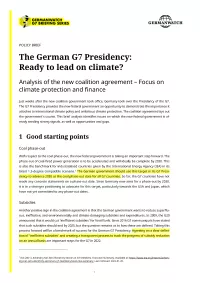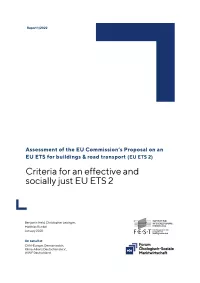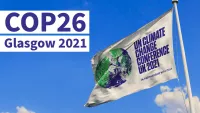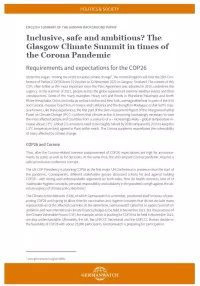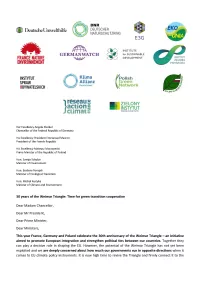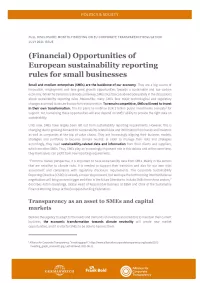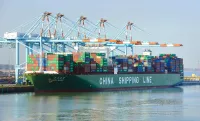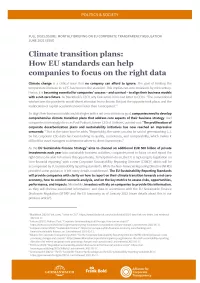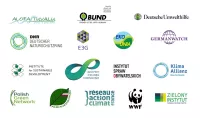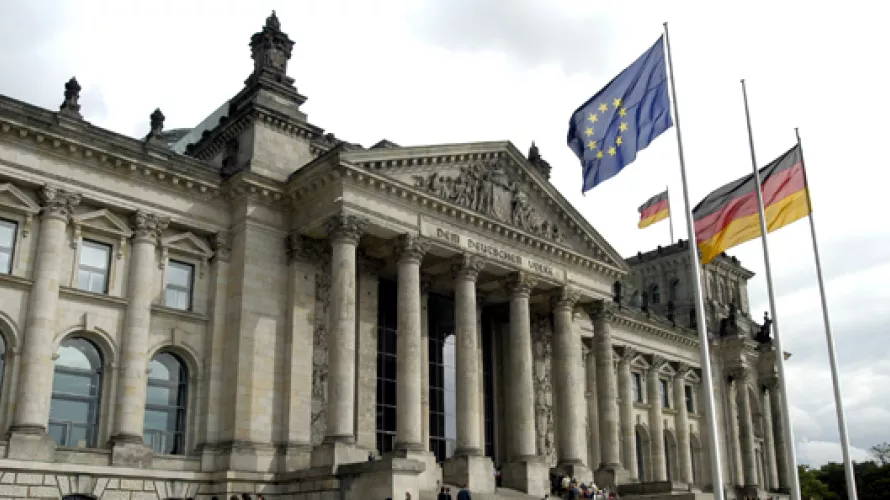
Aktuelles zum Thema
Scandinavian countries are leading the way in climate protection, together with Morocco and the United Kingdom. Leaders Denmark, Sweden and Norway occupy ranks four to six in the new Climate Change Performance Index (CCPI) 2022, presented today by Germanwatch, NewClimate Institute and Climate Action Network (CAN). Places one to three again remain vacant because no country’s measures, thus far, have been sufficient to achieve an overall ‘very high’ rating with none following a path necessary to keep global warming within the 1.5°C limit.
30 years ago the Weimar Triangle was founded to promote European integration and to strengthen political ties between Poland, France and Germany. On the occasion of the EU Environment Council on the 6th of October and this year's anniversary of the Weimar Triangle, major environmental organizations from the three countries are calling for the establishment of a Green Weimar Triangle with new coordination and exchange formats for an intensive climate dialogue.

